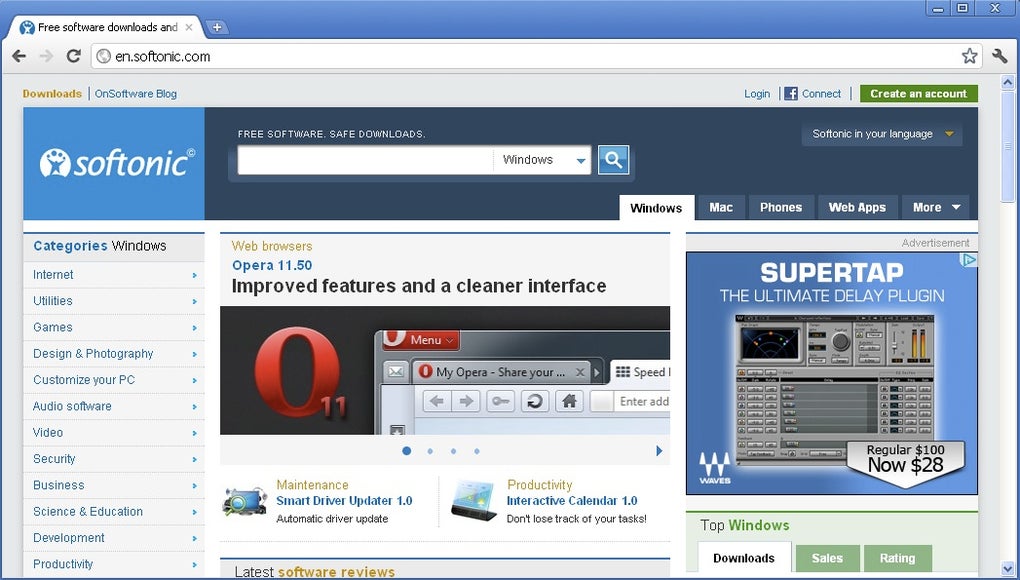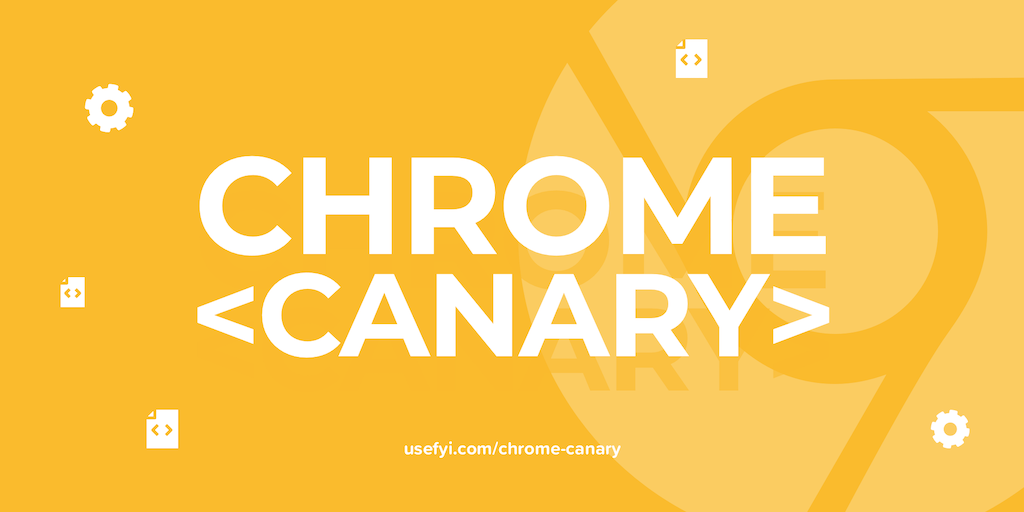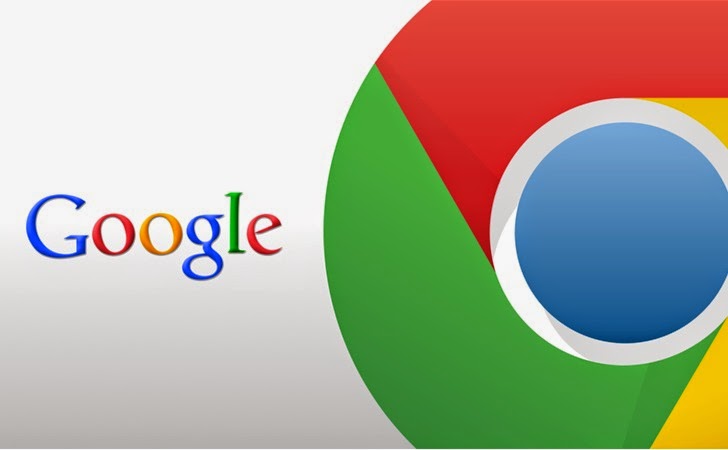Chrome Release ChannelsContents Passing by nella larsen summary. - 1 Channels
- 3 What should I do before I change my channel?
Chrome supports a number of different release channels. We use these channels to slowly roll out updates to users, starting with our close to daily Canary channel builds, all the way up to our Stable channel releases that happen every 6 weeks roughly. ChannelsWindows 64-bitAll channels may be run in parallel -- they install into distinct directories and use dedicated User Data directories. Windows 32-bitAll channels may be run in parallel -- they install into distinct directories and use dedicated User Data directories. MacAll channels may be run in parallel -- they install into distinct directories and use dedicated User Data directories. AndroidLinuxHow do I choose which channel to use?The release channels for chrome range from the most stable and tested (Stable channel) to completely untested and likely least stable (Canary channel). You can run all channels alongside all others, as they do not share profiles with one another. This allows you to play with our latest code, while still keeping a tested version of Chrome around. - Stable channel: This channel has gotten the full testing and blessing of the Chrome test team, and is the best bet to avoid crashes and other issues. It's updated roughly every two-three weeks for minor releases, and every 6 weeks for major releases.
- Beta channel: If you are interested in seeing what's next, with minimal risk, Beta channel is the place to be. It's updated every week roughly, with major updates coming every six weeks, more than a month before the Stable channel will get them.
- Dev channel: If you want to see what's happening quickly, then you want the Dev channel. The Dev channel gets updated once or twice weekly, and it shows what we're working on right now. There's no lag between major versions, whatever code we've got, you will get. While this build does get tested, it is still subject to bugs, as we want people to see what's new as soon as possible.
- Canary build: Canary builds are the bleeding edge. Released daily, this build has not been tested or used, it's released as soon as it's built.
- Other builds: If you're extra brave, you can download the latest working (and that's a very loose definition of working) build from download-chromium.appspot.com. You can also look for a more specific recent build by going to the Chromium continuous build waterfall, looking at the number near the top under 'LKGR', and then going to this Google Storage bucket and downloading the corresponding build.
Note: Early access releases (Canary builds and Dev and Beta channels) will be only partly translated into languages other than English. Text related to new features may not get translated into all languages until the feature is released in the Stable channel. What should I do before I change my channel?Back up your data!Before you switch, you should make a backup of your profile (bookmarks, most visited pages, history, cookies, etc). If you ever want to switch back to a more stable channel, your updated profile data might not be compatible with the older version. Make a copy of the User DataDefault directory (for example, copy it to 'Default Backup' in the same location). The location depends on your operating system: Windows XP:
- Stable, beta, and dev channels: Documents and Settings%USERNAME%Local SettingsApplication DataGoogleChromeUser DataDefault
- Canary builds: Documents and Settings%USERNAME%Local SettingsApplication DataGoogleChrome SxSUser DataDefault
Windows Vista, 7, 8 or 10:
- Stable channel: Users%USERNAME%AppDataLocalGoogleChromeUser DataDefault
- Beta channel:Users%USERNAME%AppDataLocalGoogleChrome BetaUser DataDefault
- Dev channel:Users%USERNAME%AppDataLocalGoogleChrome DevUser DataDefault
- Canary builds: Users%USERNAME%AppDataLocalGoogleChrome SxSUser DataDefault
Mac OS X:
- Stable channels, as well as older beta and dev channels: ~/Library/Application Support/Google/Chrome/Default
- Beta channel: ~/Library/Application Support/Google/Chrome Beta/Default
- Dev channel: ~/Library/Application Support/Google/Chrome Dev/Default
- Canary builds: ~/Library/Application Support/Google/Chrome Canary/Default
Linux:
- ~/.config/google-chrome/Default
Note:If you're using Explorer to find the folder,you might need to set Show hidden files and folders in Tools> Folder Options.. > View.
Reporting Dev channel and Canary build problemsRemember, Dev channel browsers and Canary builds may still crash frequently. Before reporting bugs, consult the following pages: - See bug-reporting-guidlines-for-the-mac-linux-builds before reporting problems in Mac or Linux Dev channel builds
If after reading the above, you think you have a real bug, file it - https://crbug.com/new Going back to a more stable channel- If you decide to switch from Dev to Beta or from Beta to Stable, the new channel will be on an earlier version of Google Chrome. You won't get automatic updates on that channel until it reaches a version later than what you're already running.
- You can uninstall Google Chrome and re-install from https://www.google.com/chrome to go back to an earlier version.
- If you re-install an older version, you might find that your profile is not compatible (because the data formats changed in the newer version you had been running). You'll have to delete your profile data. Delete the User DataDefault folder (see the Before You Change Channels section above for the location). If you made a back up of your Default directory, you can then rename it to Default so that you at least restore some of your previous bookmarks, most visited pages, etc.
- If the installer fails when you attempt to install an older version with a message indicating that your computer already has a more recent version of Chrome or Chrome Frame, you must also uninstall Chrome Frame. After doing so, the newer version of Chrome should install without difficulty.
|
|



